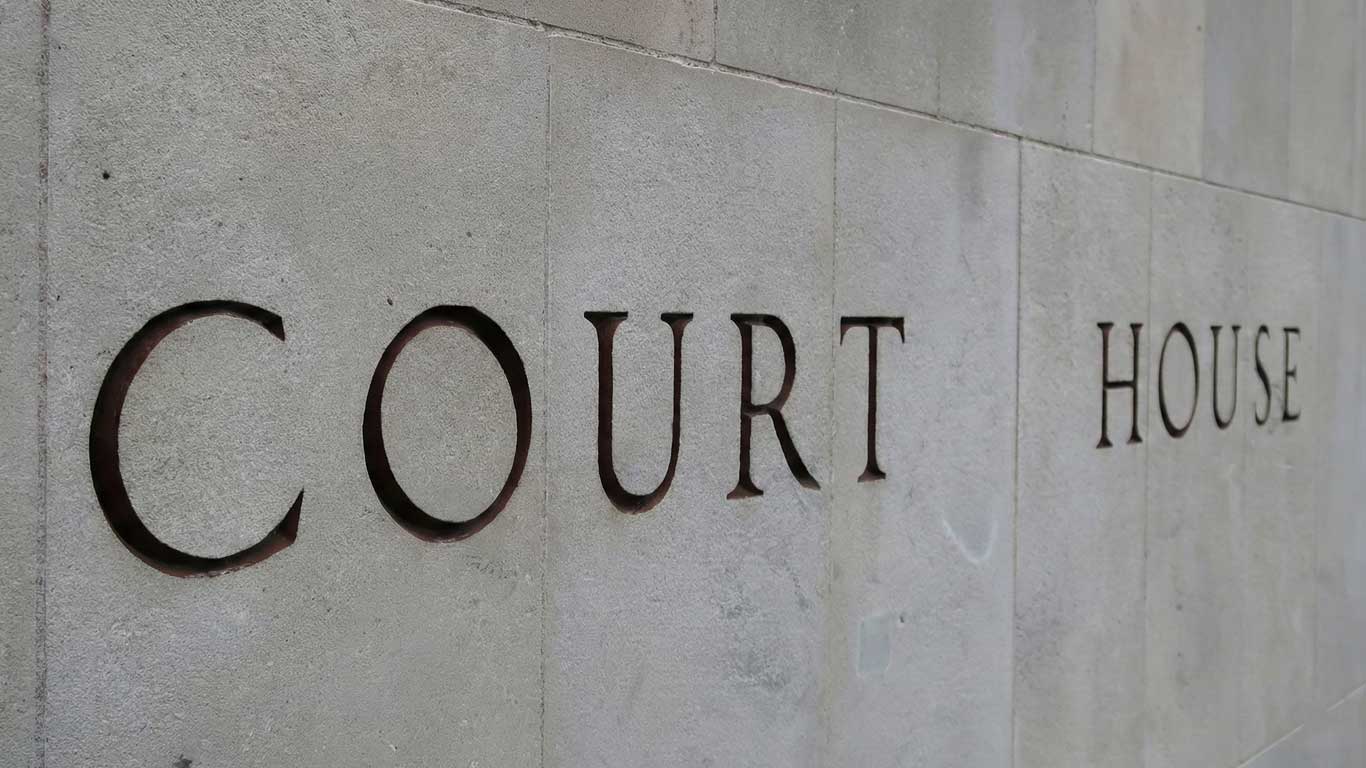
The Delaware Court of Chancery has issued a ruling in a books and records case, ordering Arizona Isotopes Science Research Corporation (the “Defendant”) to provide additional information to its stockholders, Christian Schank, Cameron Schank, and Deanna Matthews (the “Plaintiffs”). The case, presided over by Senior Magistrate Molina, involved a dispute over the Plaintiffs’ right to inspect the company’s records under Delaware law. The court’s decision, issued as a final post-trial report on October 30, 2025, provides a mixed outcome, requiring some additional disclosures while rejecting others.
Background of the Case
The core of the legal battle revolved around the Plaintiffs’ request to access certain books and records of Arizona Isotopes Science Research Corp, a company specializing in medical isotopes. The Plaintiffs, who collectively own more than 5% of the company’s stock, sought the records for several reasons: to assess the value of their shares, to communicate with other stockholders, and to investigate potential mismanagement or wrongdoing by the company’s directors and officers.
The Defendant, on the other hand, argued that the Plaintiffs’ request was not made for a proper purpose. The company also raised concerns about the Plaintiffs’ motives, suggesting the action was part of a larger dispute involving the Brooksby and Jupiter families, who have conflicting interests within the company. This family dynamic, as described by the court, significantly complicated the case.
Key Issues and the Court’s Findings
The court’s analysis focused on two primary questions: whether the Defendant should be compelled to produce additional records and whether fees should be shifted in favor of either side.
Production of Records: The court determined that the Plaintiffs had demonstrated a proper purpose for inspecting the records, specifically for valuation, communication with other stockholders, and investigating potential mismanagement or wrongdoing. However, the court did not grant the Plaintiffs’ request in its entirety. Instead, the court ordered the Defendant to produce a limited set of records. This included “back up” stock certificates and stock ledgers, additional financial statements including the 2023 valuation, board-level materials that address the Jupiter Notes, and copies of executive and management compensation records. The court also ordered the unredaction of documents that had been previously provided.
The court rejected the Plaintiffs’ request for a broader range of documents, stating that the Plaintiffs had not adequately demonstrated that all requested records were necessary and essential for their stated purposes. The court emphasized that the inspection right should be narrowly tailored to the stockholder’s stated purpose.
Fee Shifting: Both parties requested that the court shift fees and costs in their favor, alleging bad faith conduct by the other side. The court, however, found that neither side had met the high bar required to establish bad faith. Therefore, the court declined to shift fees. However, the court did order that costs be shifted in favor of the Plaintiffs, as they were the prevailing parties in the matter.
The Family Feud Factor
The court’s decision also highlighted the complex family dynamics that fueled the dispute. The company’s history involved the Brooksby family, who were at the helm of the Defendant, and the Jupiter family, which included the Plaintiffs. The situation was further complicated by prior litigation between the two families. The court acknowledged the ongoing animosity between the parties but concluded that the Defendant had not proven that the Plaintiffs’ stated purposes for inspection were a pretext for an ulterior motive.
Implications of the Ruling
The court’s ruling provides clarity on the scope of record inspection rights under Delaware law. It reinforces the importance of demonstrating a proper purpose for inspection while also limiting the scope of production to records that are essential and necessary to the stated purpose. The ruling also underscores the high standard required to prove bad faith and obtain fee shifting in such cases. The court has directed the Defendant to certify the completeness of its production to close the matter.